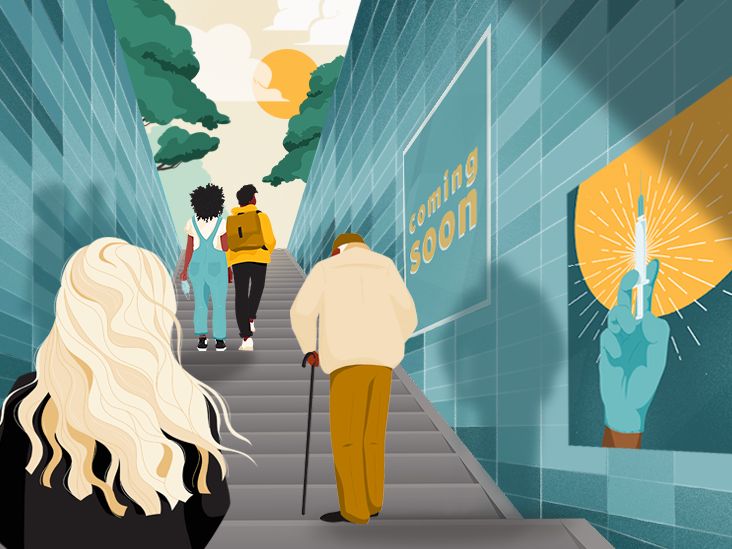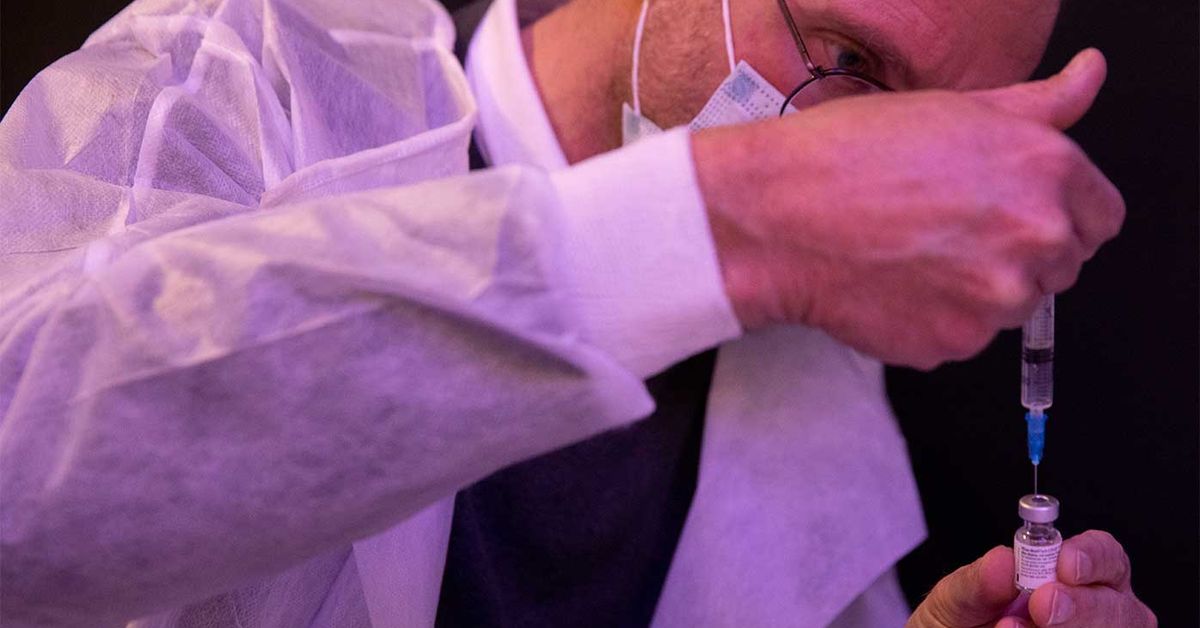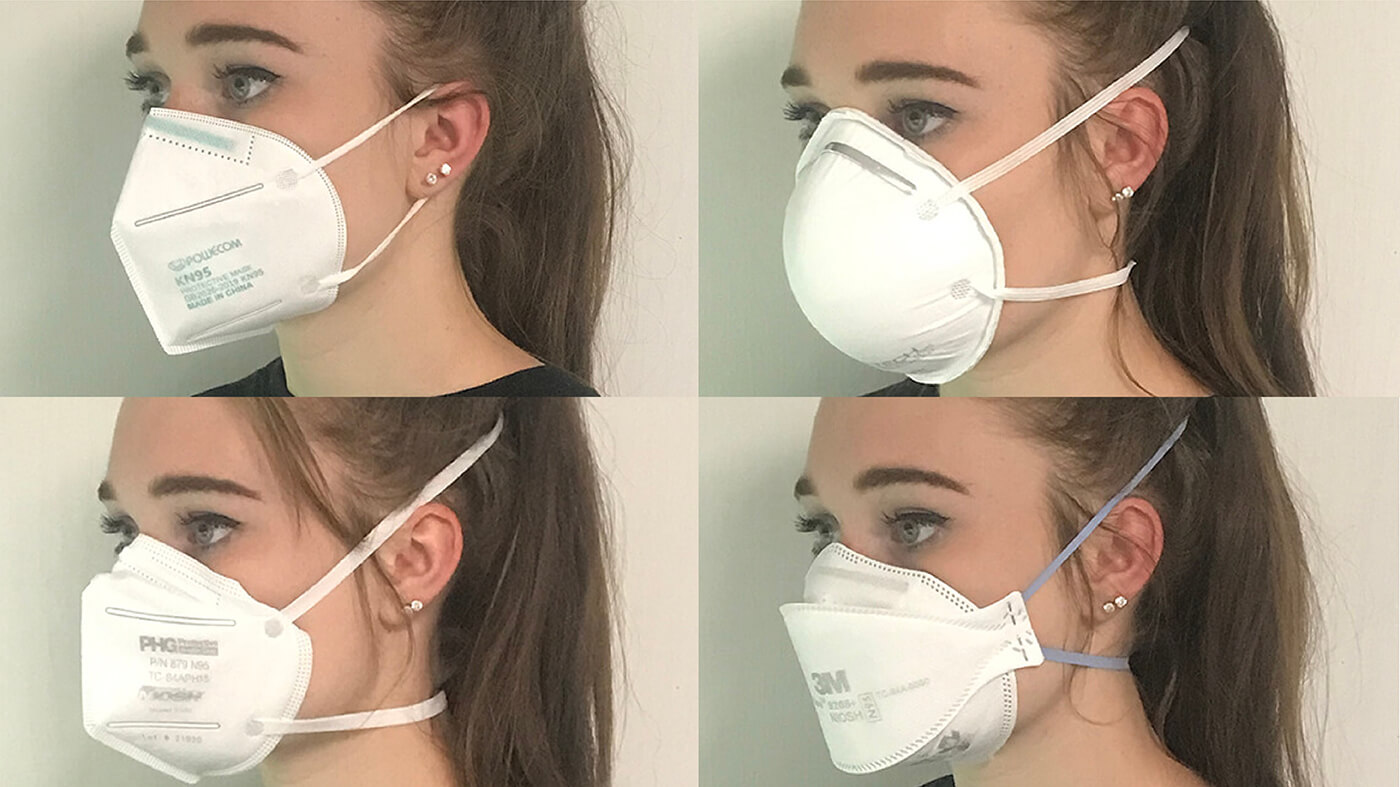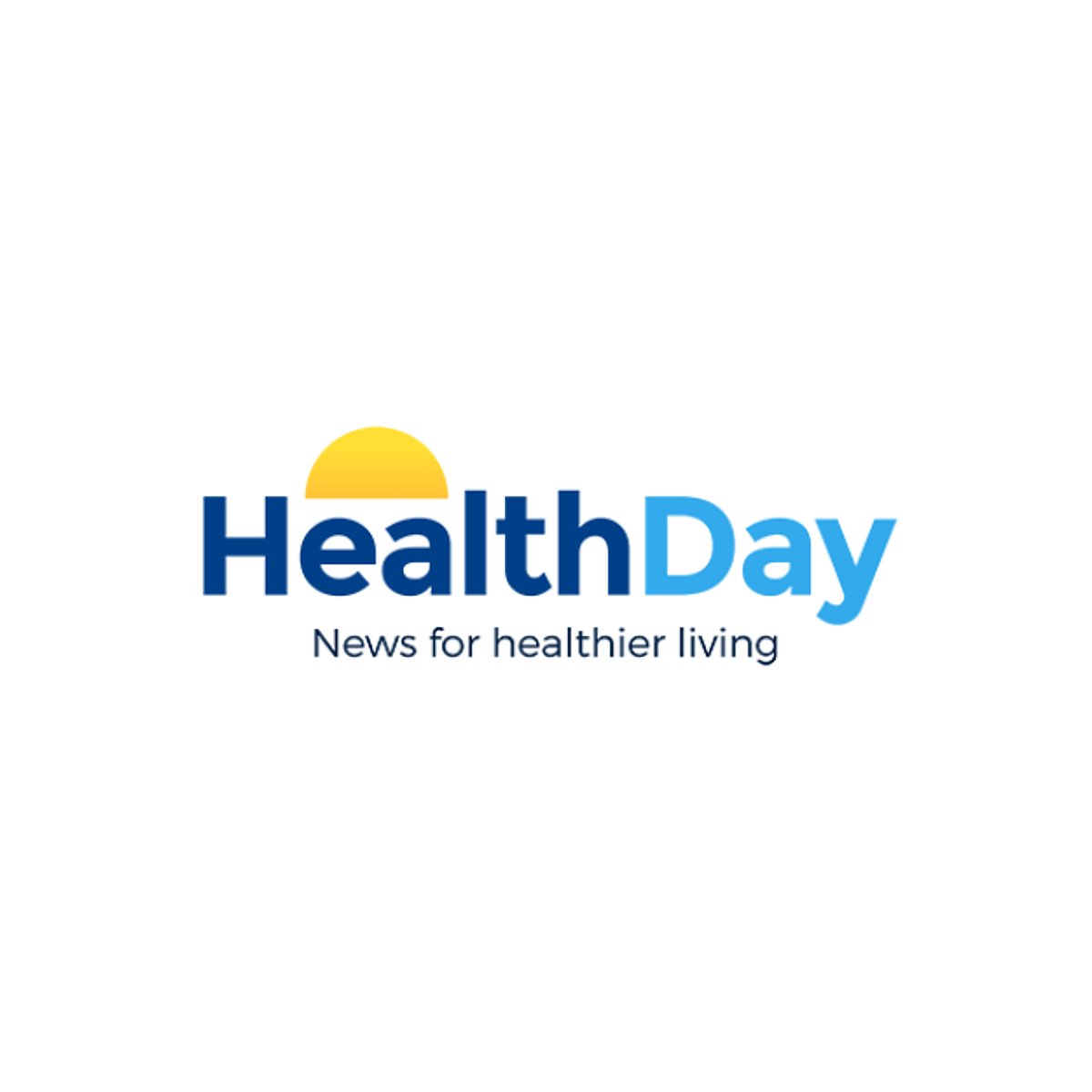- Joined
- Jun 8, 2008
- Messages
- 56,726

Single-Dose Oxford COVID Vax Data Bolsters Prime-Boost Strategy
Substantial and durable efficacy seen 3 weeks after just one dose
"

One standard dose of the AstraZeneca/Oxford COVID-19 vaccine was highly effective against symptomatic disease up to 3 months later, lending support to a prime-boost vaccination strategy, additional analyses of phase III vaccine trial data found.
Vaccine efficacy was 76% (95% CI 59%-86%) from 22 days following the first dose of vaccine to the next dose 90 days later, reported Andrew Pollard, PhD, of the University of Oxford in England, and colleagues.
Moreover, for those who received a second standard dose of vaccine at 12 or more weeks after the first dose, vaccine efficacy was 82.4% (95% CI 62.7%-91.7%).
These results were published on a preprint server for The Lancet and are undergoing peer review at the journal, according to an Oxford press release that called these analyses "exploratory."
England authorized use of the two-dose AstraZeneca/Oxford COVID-19 vaccine in December, but regulators there approved delaying the second dose of COVID-19 vaccine for up to 3 months, which Pollard's group generously referred to as "a policy that has received substantial comment."
Pollard said in the Oxford press release that the new analysis "supports the policy recommendation ... for a 12-week prime-boost interval, as [regulators] look for the optimal approach to roll out, and reassures us that people are protected from 22 days after a single dose of the vaccine."
Researchers analyzed another month of efficacy data based on phase III studies in the U.K. and Brazil and a phase I/II study in the U.K. and South Africa, which included 332 cases of symptomatic COVID-19. They noted this included the subset of British participants who received a half-dose vaccine as their first dose when interim analysis data was reported in December.
Primary endpoint was symptomatic COVID-19 (a positive nucleic acid amplification test plus at least one qualifying symptom) more than 14 days after a booster dose.
In this analysis, 17,177 participants were included, with 8,948 from the U.K., 6,753 from Brazil, and 1,476 from South Africa. Researchers noted there were no additional cases of severe COVID in the vaccinated group, with no cases from 10 days after the first dose of vaccine, versus 22 in the control group.
Overall vaccine efficacy was 66.7% (95% CI 57.4%-74.0%) more than 14 days after the second dose, which included the low-dose/standard dose groups and standard-dose/standard-dose groups. The 76% vaccine efficacy was calculated from the standard-dose/standard-dose group.
A modeled analysis indicated protection did not wane during the initial 3-month period, and antibody levels were maintained during that time.
Pollard and colleagues found vaccine efficacy was 54.9% (95% CI 32.7%-69.7%) at less than 6 weeks, and was supported by data showing binding antibody responses more than two-fold higher after 12 or more weeks versus an interval of less than 6 weeks in adults ages 18-55.
The group also reported analyses exploring transmission. A single standard dose of vaccine reduced PCR-confirmed infection by 67%, and a schedule including two standard doses of the vaccine reduced infection by 49.5% overall, which they added, "may have a substantial impact on transmission by reducing the number of infected individuals in the population."
Oxford researchers expect to report data on new COVID-19 variants in the coming days, the press release said, which likely will be "broadly similar" to other vaccine developers' data.
The AstraZeneca/Oxford vaccine uses a chimpanzee adenovirus vector to deliver SARS-CoV-2 genetic elements encoding spike protein antigens.
Last Updated February 02, 2021
- "
































300x240.png)